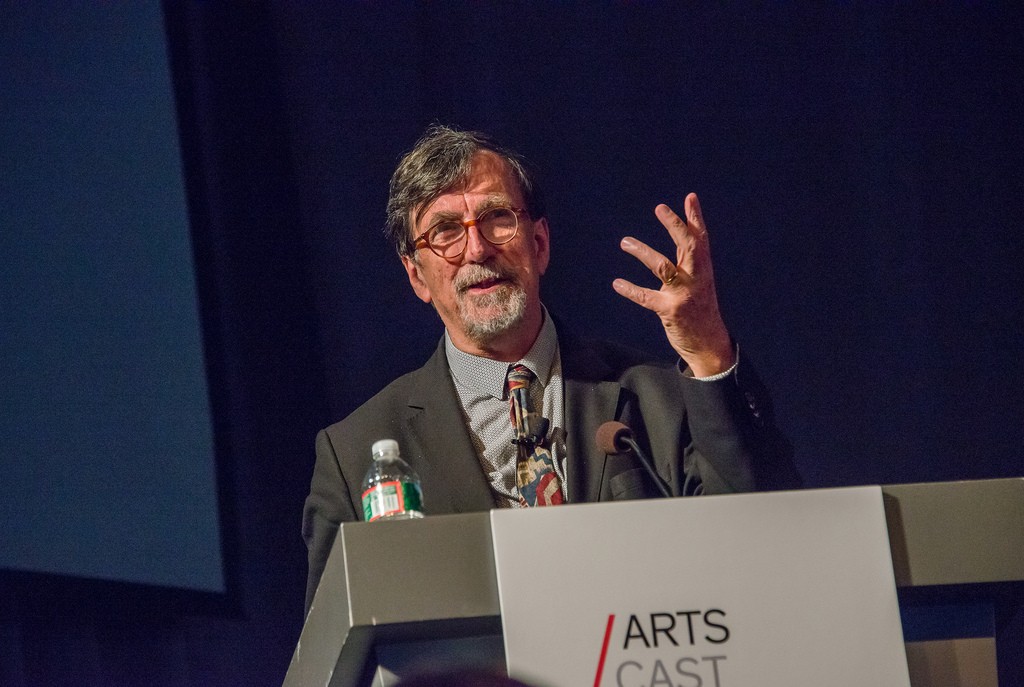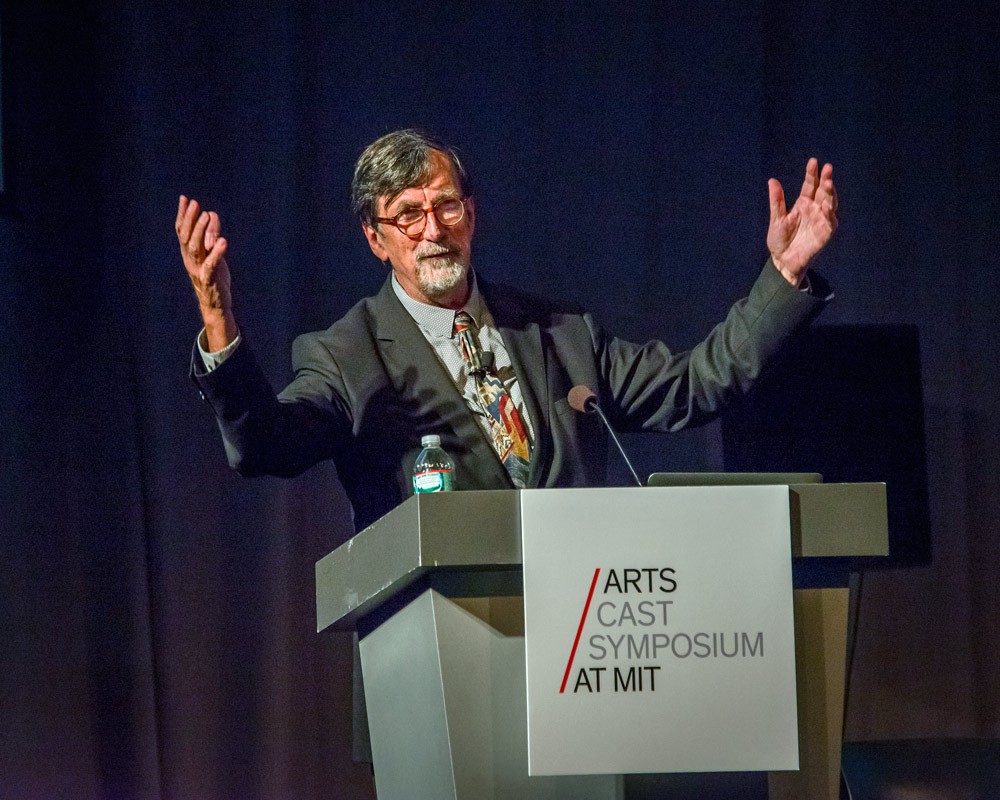Bruno Latour was trained first as a philosopher and then an anthropologist. From 1982 to 2006, he was professor at the Centre de Sociologie de l’Innovation at the Ecole Nationale Supérieure des Mines in Paris, and, for various periods, visiting professor at University of California, San Diego, at the London School of Economics, and in the History of Science Department of Harvard University. Bruno Latour is now a professor at Sciences Po Paris, after serving five years as the Vice President for Research. As of October 2013, he is part-time centennial professor at the London School of Political Science and Economics.
After field studies in Africa and California, he specialized in the analysis of scientists and engineers at work. In addition to work in philosophy, history, sociology, and anthropology of science, he has collaborated into many studies in science policy and research management. He has written Laboratory Life (Princeton University Press), Science in Action, and The Pasteurization of France. He also published a field study on an automatic subway system, Aramis, or the Love of Technology, and an essay on symmetric anthropology, We Have Never Been Modern. He has also gathered a series of essays, Pandora’s Hope: Essays in the Reality of Science Studies to explore the consequences of the “science wars.” After having directed several theses on various environmental crises, he published a book on the political philosophy of the environment, Politics of Nature. All of these books are published by Harvard University Press and have been translated in many languages.
In his series of books, he has been exploring the consequences of science studies on different traditional topics of the social sciences: religion in On the Modern Cult of the Factish Gods, and Jubiler ou les tourments de la parole religieuse, and social theory in Paris ville invisible, a photographic essay on the technical and social aspects of the city of Paris (available on the web in English as Paris Invisible City). After extensive fieldwork on one of the French supreme Courts, he has recently published a monograph la Fabrique du droit-une ethnographie du Conseil d’Etat (also now in English). A new presentation of the social theory which he has developed with his colleagues in Paris is available at Oxford University Press under the title, Reassembling the Social, an Introduction to Actor Network Theory.
After curating a major international exhibition in Karlsruhe, Germany at the ZKM center, “Iconoclash: Beyond the Image Wars in Science, Religion and Art,” Latour curated another exhibition with Peter Weibel called, “Making Things Public: The Atmospheres of Democracy,” which closed in October 2005 (both catalogues are with MIT Press).
While in Sciences Po, he has created the médialab to seize upon the chance offered to social theory by the spread of digital methods and has created, together with Valrie Pihet, a new experimental program in art and politics (SPEAP). Having been awarded and ERC grant to pursue an inquiry into modes of existence, he is now engaged for three years in the making of this collaborative digital platform. Learn more about Bruno Latour.
Video
Press
The Breakthrough: The Monsters of Bruno Latour
Articles
E-Flux Journal: Some Experiments in Art and Politics
Critical Inquiry: Why Has Critique Run out of Steam? From Matters of Fact to Matters of Concern
An International Journal: On interobjectivity



